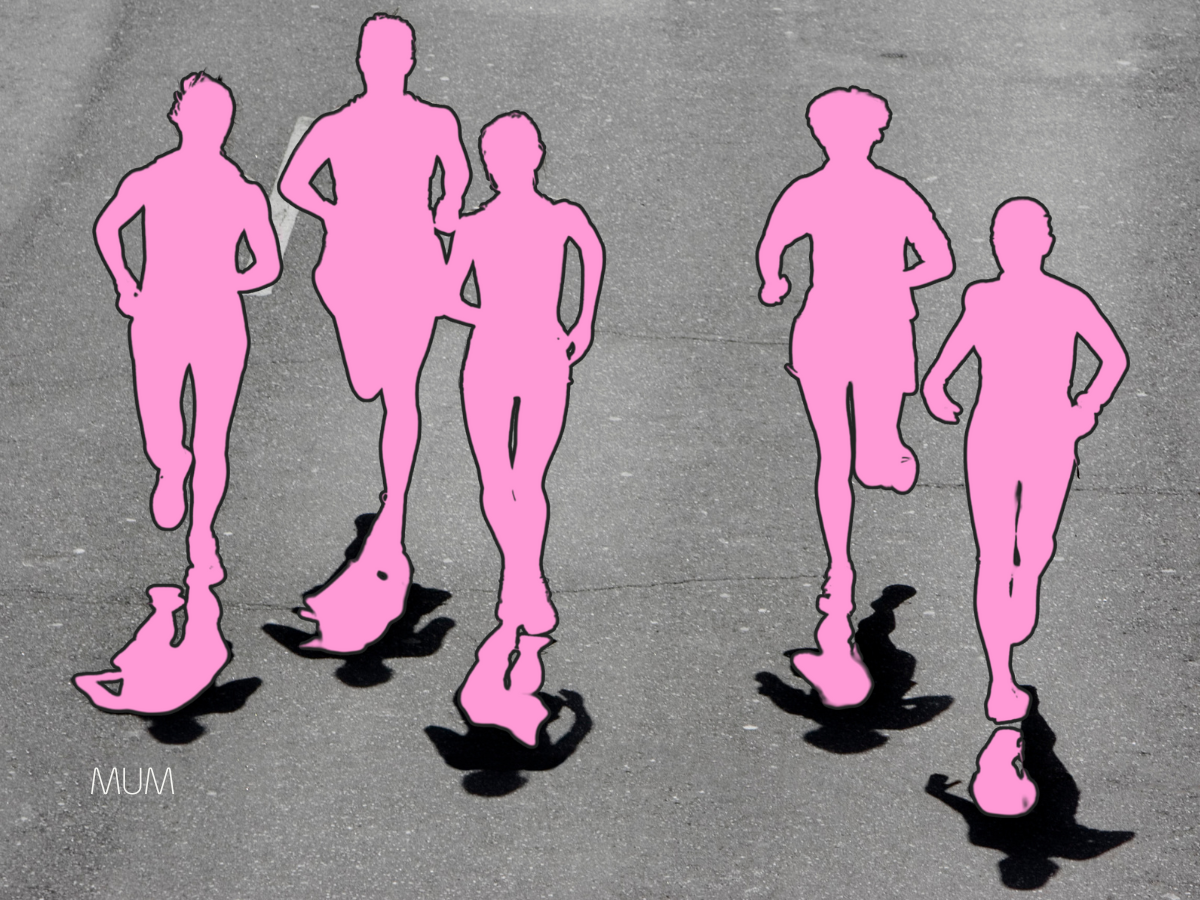Mind Over Matter? Why Your State of Mind Matters for Healing
Actionable Tips: Cultivate a Growth-Oriented State of Mind
The Mind-Body Link: How Your State of Mind Fuels Healing and Growth
Our state of mind – our thoughts, beliefs, and attitudes – plays a profound role in personal growth and healing across mental, emotional, and physical domains. It's not just a matter of positive thinking; it's about cultivating a growth mindset, fostering self-compassion, and building resilience.
The Science Behind the Connection
The mind and body are intricately linked. Stress, for example, triggers the release of cortisol, a hormone that can weaken the immune system and exacerbate physical ailments. Conversely, positive emotions like gratitude and optimism have been shown to boost the immune system and promote faster healing. This mind-body connection highlights the importance of a positive state of mind in overall well-being.
Growth Mindset vs. Fixed Mindset
Personal growth thrives on a growth mindset. People with this mindset believe their abilities can be developed through effort and learning. They view challenges as opportunities to learn and grow, fostering resilience in the face of setbacks. Conversely, a fixed mindset sees abilities as fixed traits, leading to discouragement and hindering progress. Studies show that adopting a growth mindset can improve academic performance, athletic ability, and even workplace success.
Self-Compassion: The Power of Kindness to Yourself
Self-compassion involves treating yourself with kindness and understanding, especially during difficult times. It's distinct from self-pity, which focuses on dwelling on negativity. Research suggests self-compassion promotes emotional well-being, reduces anxiety and depression, and increases motivation [5].expand_moreWhen faced with challenges, self-compassion allows you to learn from mistakes without harsh self-criticism, fostering a more positive state of mind.
The Power of Positive Relationships
Interpersonal relationships significantly impact our state of mind. Strong social connections provide a sense of belonging, support, and validation. Studies have shown that social isolation can exacerbate mental and physical health problems. Conversely, supportive relationships can buffer stress, promote positive emotions, and even contribute to physical healing after surgery.
Relationships in Action: How They Support Growth and Healing
Support Groups: Sharing experiences and receiving encouragement from others who understand can be incredibly helpful during challenging times, fostering a sense of community and belonging.
Therapy: Therapists provide a safe space to explore emotions, develop coping mechanisms, and cultivate a positive self-image, all contributing to a healthier state of mind.
Friends and Family: Close relationships provide a warm and supportive environment to share joys and sorrows. Encouragement from loved ones can boost motivation and self-belief.
Conclusion: Cultivating a Growth-Oriented State of Mind
We can actively cultivate a growth-oriented state of mind. Here are some tips:
Challenge negative thoughts: Question the validity of negative self-talk and replace it with more realistic and empowering beliefs.
Practice self-compassion: Treat yourself with kindness and understanding, especially during setbacks.
Focus on learning: View challenges as opportunities to learn and grow.
Nurture positive relationships: Invest in supportive connections that uplift and motivate you.
By taking charge of our mindset and fostering positive relationships, we empower ourselves to achieve personal growth, emotional well-being, and a healthier state of being across all dimensions.
Keep Going!
Check out these related posts







